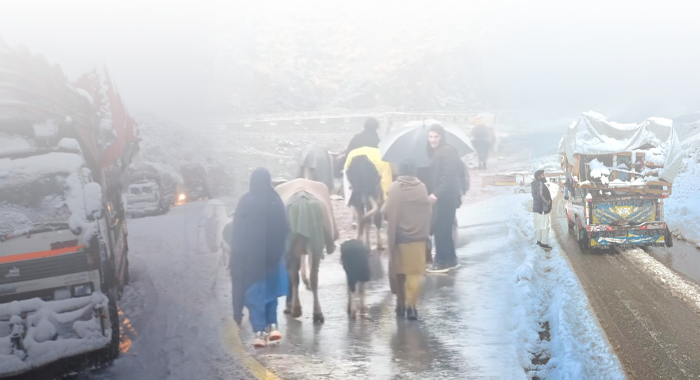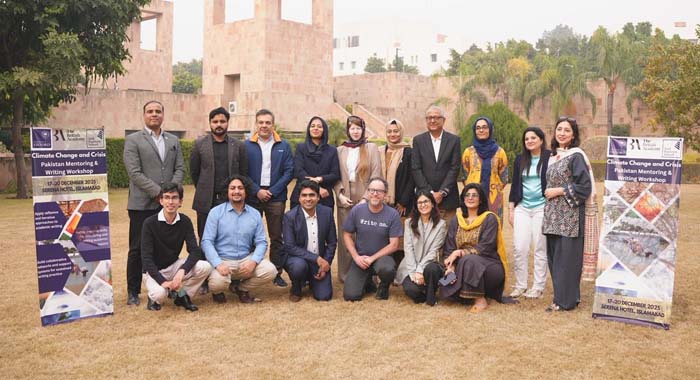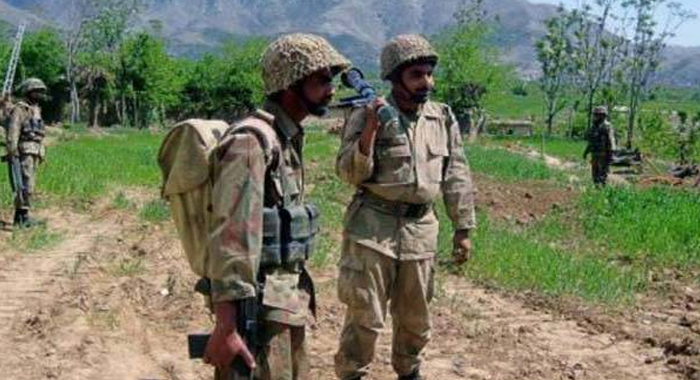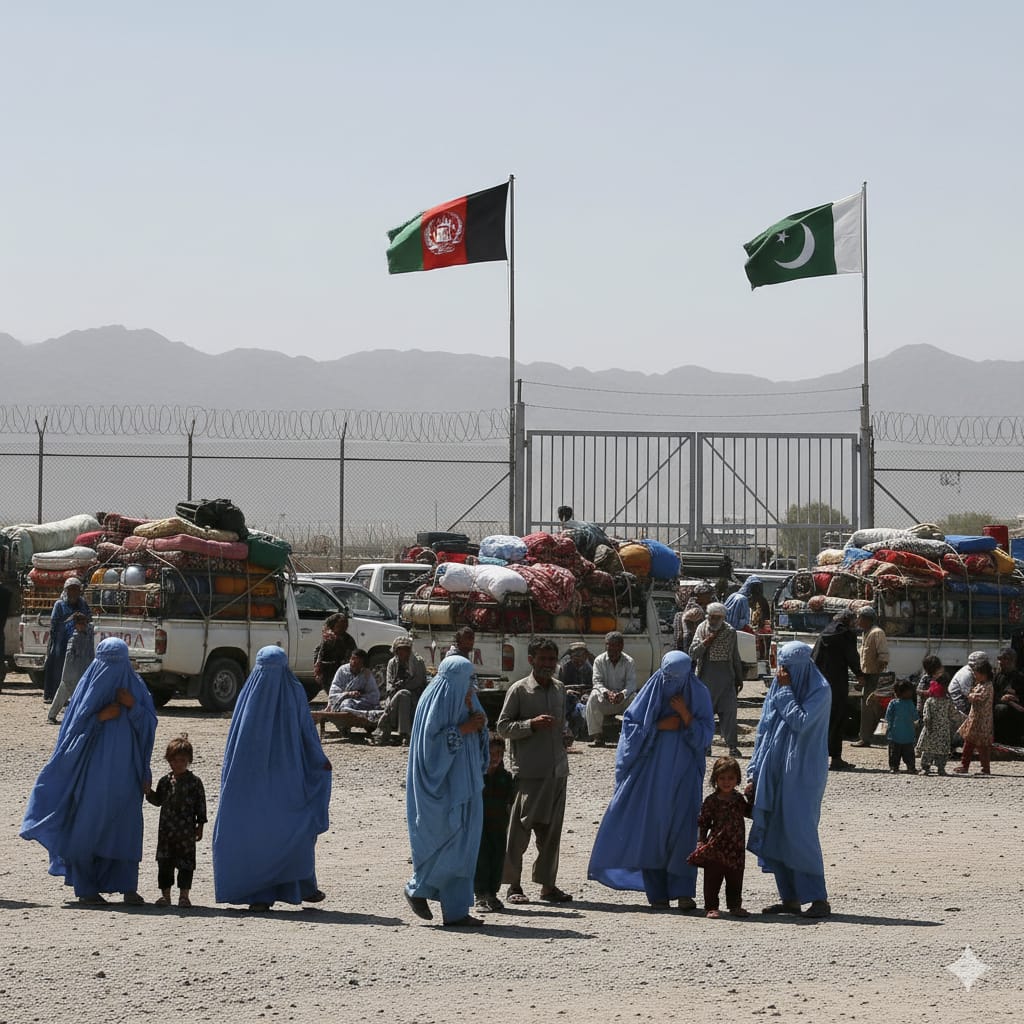Muhammad Younas
A sudden three-day curfew and ongoing military operation in the Mamond area of Bajaur have sparked a fresh humanitarian crisis, displacing hundreds of families and leaving thousands in fear. Once again, civilians in this restive tribal district of Khyber Pakhtunkhwa find themselves caught in the crossfire, voicing anguish over the disruption, displacement, and lack of basic support.
The streets of Mamond remain deserted—not due to calm, but due to uncertainty. Local residents report being confined to their homes or forced to flee on foot due to the absence of transportation and emergency relief. With communication networks restricted and no official evacuation measures in place, people are scrambling to seek safety under harrowing conditions.
“I don’t know where we’ll sleep tonight,” said a mother of three, walking with her children and neighbors toward an unknown destination. “My children don’t understand this war, but they will never forget these moments.”
Eyewitnesses and social media footage paint a grim picture: terrified children clinging to their parents, elderly residents collapsing from heat and exhaustion, and young people staging emotional protests, calling for peace instead of another cycle of violence.
“This isn’t just about our homes,” said one young protestor. “It’s about our future—and we are losing hope.”
The military has not released detailed statements regarding the scope of the operation, but the lack of coordination with local communities and the imposition of a blanket curfew have triggered sharp criticism from civil society and human rights observers. Local journalists attempting to cover the situation face severe restrictions, with limited access and frequent communication blackouts.
The displaced residents report a complete absence of government assistance. No relief camps have been established, and no emergency supplies have reached the affected areas. Many are left to fend for themselves, carrying only what they can manage.
Human rights activists and local leaders are urging authorities to immediately lift the curfew, provide safe passage to civilians, and initiate humanitarian relief efforts. They emphasize that the psychological toll on children and women—already traumatized by years of instability—is immeasurable.
“These are not just operational zones. These are communities, homes, and lives,” said a Bajaur-based social worker. “The people here are not collateral—they are citizens.”
Calls are also growing for national and international media to pay closer attention to the unfolding crisis. While fragmented updates and social media posts offer glimpses into the suffering, on-ground reporting remains crucial for documenting the scale of the displacement and for holding institutions accountable.
“This is a moment for ethical, responsible journalism,” said one field reporter. “We owe it to these people not just to tell their stories, but to ensure they are not forgotten.”
As curfew restrictions continue, and families remain on the move with no clear destination, the need for urgent humanitarian intervention grows more critical by the hour.
The people of Bajaur are not asking for charity—they are demanding dignity, safety, and the right to live without fear.



